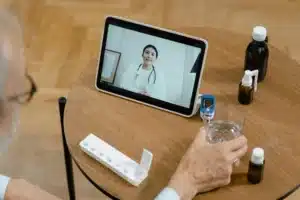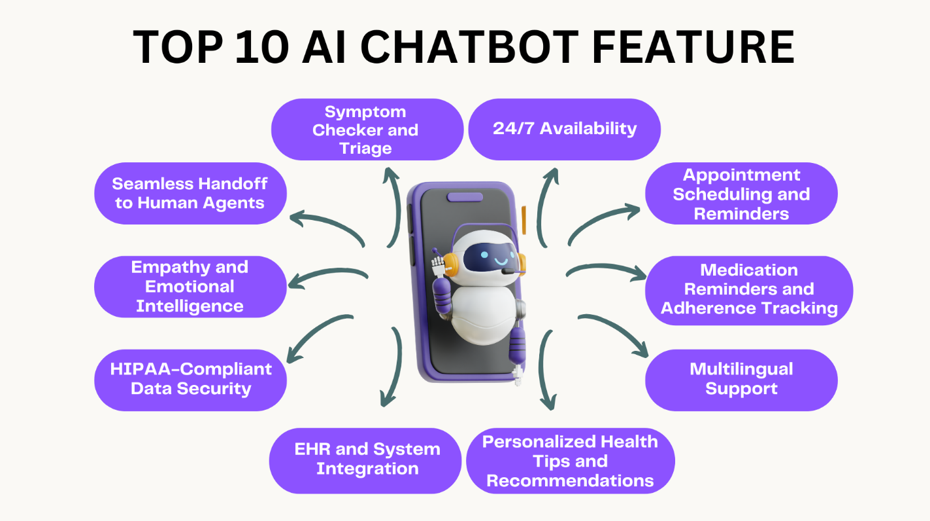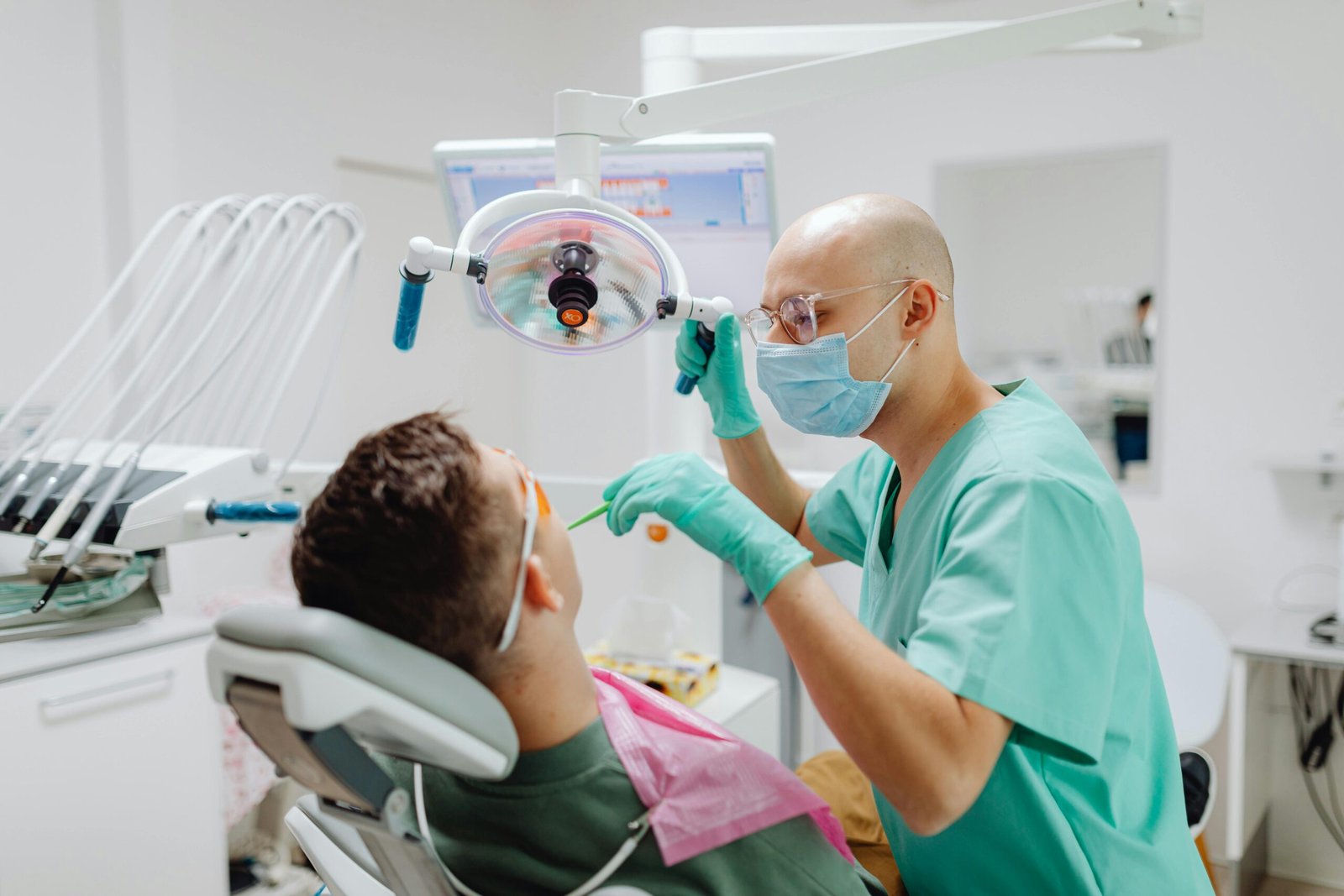Artificial Intelligence (AI) is transforming healthcare by enhancing clinical decision-making through advanced data analysis, predictive insights, and automation. AI-driven tools provide healthcare providers with the information they need to make accurate, timely, and personalized decisions, improving both operational efficiency and patient outcomes. However, AI serves as a supportive tool rather than a replacement for human expertise, ensuring that healthcare professionals remain at the heart of patient care Shared decision Making in Healthcare.
Roles of AI in Healthcare Decision-Making
1. Diagnostics and Disease Detection
-
AI in Medical Imaging:
AI-powered tools analyze X-rays, CT scans, and MRIs to identify patterns that may indicate diseases like cancer or fractures.
-
Impact:
Early detection of conditions such as breast cancer or diabetic retinopathy leads to timely intervention and better outcomes.
-
Example:
Google DeepMind’s AI achieved higher accuracy in detecting eye diseases compared to human specialists.
2. Clinical Decision Support Systems (CDSS)
-
How it Works:
CDSS offers real-time, evidence-based recommendations for diagnoses and treatments by analyzing patient records, guidelines, and medical literature.
-
Impact:
Reduces diagnostic errors and ensures that doctors adhere to best practices.
-
Example:
IBM Watson Health supports oncologists by analyzing clinical data and suggesting personalized cancer treatment plans Shared decision Making in Healthcare.
Predictive Analytics for Risk Management
-
How it Works:
AI uses patient data to predict health risks, such as the likelihood of hospital readmissions, heart attacks, or infections.
-
Impact:
Helps doctors make preventive decisions and prioritize high-risk patients.
-
Example:
AI models in emergency departments predict sepsis early, enabling timely interventions and reducing mortality.
Personalized Medicine and Treatment Planning
-
How it Works:
AI tailors treatment plans based on individual patient data, genetics, and lifestyle.
-
Impact:
Personalized care improves outcomes by targeting therapies to meet the specific needs of patients.
-
Example:
AI in oncology suggests targeted therapies by analyzing the genetic profile of a patient’s tumor.
Benefits of AI in Healthcare Decision-Making
-
Improved Diagnostic Accuracy:
AI reduces human errors and enhances the precision of diagnoses by analyzing vast amounts of clinical data.
-
Early Detection of Diseases:
Predictive analytics help detect potential health issues before symptoms appear, allowing for preventive care.
-
Increased Efficiency:
AI automates routine tasks and supports faster decision-making, reducing doctors’ administrative burden.
-
Better Patient Outcomes:
Personalized treatment recommendations ensure patients receive the most effective care.
-
Continuous Monitoring:
AI-powered tools provide real-time patient monitoring, enabling proactive interventions.
Challenges of AI in Healthcare Decision-Making
-
Data Privacy and Security:
AI systems handle sensitive health information, requiring strict adherence to privacy regulations like HIPAA.
-
Bias in AI Models:
Algorithms trained on biased datasets may lead to disparities in care and misdiagnosis for certain populations.
-
Over-Reliance on AI:
Doctors may become overly dependent on AI, undermining the importance of clinical expertise and human judgment.
-
Interpretability Issues:
Some AI models, such as deep learning, function as “black boxes,” making it difficult to understand how decisions are reached.
-
Integration Challenges:
AI tools must seamlessly integrate with Electronic Health Records (EHRs) and clinical workflows for smooth adoption Shared decision Making in Healthcare.
Future Trends in AI-Driven Healthcare Decision-Making
-
Explainable AI (XAI):
Developing AI systems that offer transparency in how decisions are made, fostering trust among healthcare providers.
-
AI-Augmented Physicians:
Doctors and AI will collaborate as partners, with AI providing insights and doctors making final decisions.
-
Expansion of Predictive Care:
AI will further enhance preventive healthcare by analyzing behavioral, genetic, and environmental data.
-
Remote and Virtual Care:
AI will play a larger role in virtual health delivery, supporting remote monitoring and telehealth platforms.
-
Ethics-Driven AI:
Future AI systems will incorporate ethical frameworks to ensure fair and unbiased healthcare recommendations.
Conclusion
AI-powered tools are revolutionizing healthcare decision-making by enhancing diagnostic accuracy, enabling personalized care, and improving clinical efficiency. AI functions as a supportive tool that complements human expertise, not a replacement for it. With continuous advancements, AI will empower doctors to make better, faster, and more informed decisions, ultimately leading to improved patient outcomes and a more efficient healthcare system generative AI consulting. For AI to reach its full potential, healthcare providers must address challenges like data privacy, bias, and integration while maintaining the human touch that is essential to patient care Shared decision Making in Healthcare.
By striking the right balance between AI and clinical judgment, healthcare can evolve toward a future where technology and human expertise work in harmony to deliver the highest quality of care.









